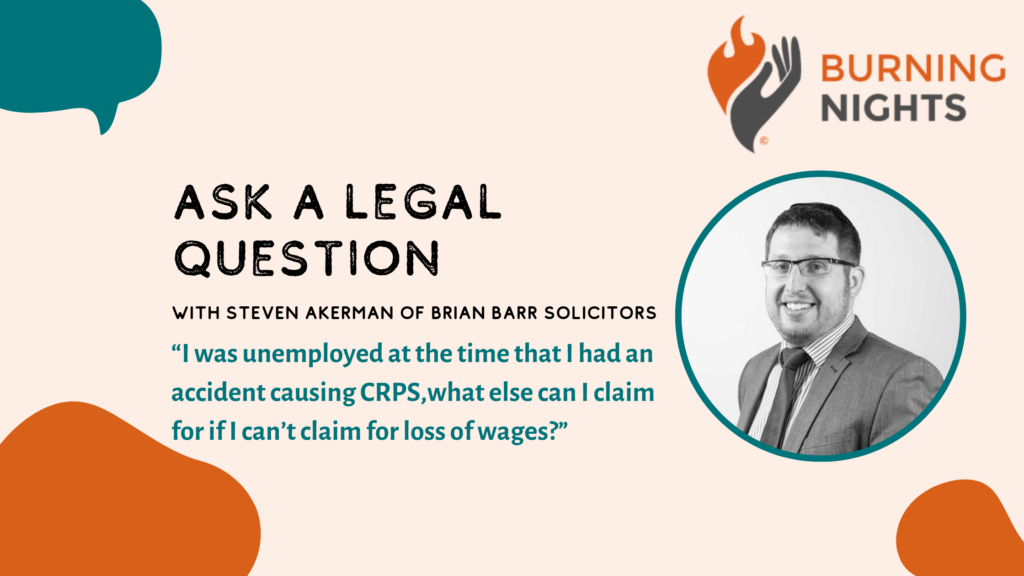Fibromyalgia is a pain syndrome of chronic widespread musculoskeletal pain and fatigue. Although it is a chronic disease, fibromyalgia is not a progressive disease, meaning it will not usually worsen over time, and taking steps to treat fibromyalgia can help relieve your symptoms. However, it is worth bearing mind that some external actions like stress or trauma can lead to the conditioning worsening.
Fibromyalgia specifically means pain in the muscles, ligaments and tendons, generally all the softer, more fibrous tissues in the body. There is a sense, according to most patients, of ‘aching all over’, with the related symptoms of a chronic case of flu. Muscles often feel as if they have been pulled or worked too hard and there are instances where muscles may twitch or feel like they’re burning. Cognitive abilities can also be affected with many patients reporting having ‘brain-fog’, where they find functions such as concentration and memory to be impaired, and unusual tiredness is also a symptom of fibromyalgia.
Although there’s currently no cure for fibromyalgia, there are treatments to help relieve some of the symptoms and make the condition easier to live with. Treatment tends to be a combination of:
- medicine, such as antidepressants and painkillers
- talking therapies, such as cognitive behavioural therapy (CBT) and counselling
- lifestyle changes, such as exercise programmes and relaxation techniques
Medical pain relief for fibromyalgia
It’s important to find the right healthcare provider to treat your fibromyalgia. Find a doctor who understands fibromyalgia, knows how to treat it, and can help you understand and cope with this condition. As well as your GP you may get a referral to a rheumatologist or pain specialist who has expertise in this condition.
It’s important to find the right healthcare provider to treat your fibromyalgia. Find a doctor who understands fibromyalgia, knows how to treat it, and can help you understand and cope with this condition. As well as your GP you may get a referral to a rheumatologist or pain specialist who has expertise in this condition.
- Pain relievers: over-the-counter pain relievers such as paracetamol, ibuprofen or naproxen may be helpful.
- Antidepressants: duloxetine (Cymbalta) and milnacipran (Savella) may help ease the pain and fatigue associated with fibromyalgia. Your doctor may prescribe amitriptyline or the muscle relaxant cyclobenzaprine to help promote sleep.
- Anti-seizure drugs: medications designed to treat epilepsy are often useful in reducing certain types of pain. Gabapentin (Neurontin) is sometimes helpful in reducing fibromyalgia symptoms, while pregabalin (Lyrica) was the first drug approved by the Food and Drug Administration to treat fibromyalgia.
Therapies and counselling help for fibromyalgia
In conjunction with medicine, different therapies can help reduce the effect that fibromyalgia has your life. Talking with a counsellor can help strengthen your belief in your abilities and teach you strategies for dealing with stressful situations.
Cognitive behavioural therapy (CBT) is a form of short-term psychological treatment that’s based on the premise that how we feel and behave can influence our thoughts, but also our thoughts can affect how we feel and behave. CBT has been shown to be useful for people whose quality of life suffers because they have a chronic illness, and it specifically has been found to be helpful for people with fibromyalgia. It can improve sleep quality and decrease fatigue, anxiety, and depression. It can also be effective in reducing pain symptoms, brain fog and fatigue.
Lifestyle changes
Changes to lifestyle in terms of diet and exercise can have an overall positive effect on your mental health and your lifestyle.
- Eat healthy, nutritious foods – pay attention to what you are eating and keep a food diary in order to limit foods that can exacerbate fibromyalgia symptoms.
- Exercise regularly – improving your strength, flexibility and stamina can help those who suffer from fibromyalgia.
- Manage stress levels – relaxation techniques, such as meditation and deep breathing, and even taking time out to focus on yourself for half an hour every day can help to make you feel better.
- Sleep – many people with fibromyalgia don’t get enough sleep, and if they do, many of them don’t feel well-rested. If you are not getting 8 hours sleep a night regularly speak to your doctor for advice.
If you are suffering from fibromyalgia, CRPS, or any chronic pain condition as a result of an accident that was not your fault, and even if you have an existing claim, get in touch with Brian Barr Solicitors to see if we can assist. It is simple and hassle free to move your claim to Brian Barr Solicitors who are experts in dealing with chronic pain litigation. Call us today on 0161 737 9248 or visit our website (www.brianbarr.co.uk) to find out more.
We do not endorse any research, studies or sources mentioned within our blogs and comments. The blog is for information purposes only as we are not medical professionals. We do not endorse any medical advice provided and would strongly recommend anyone seeking medical advice to contact their local healthcare provider before any changes to treatment and / or management of your condition is undertaken.

















